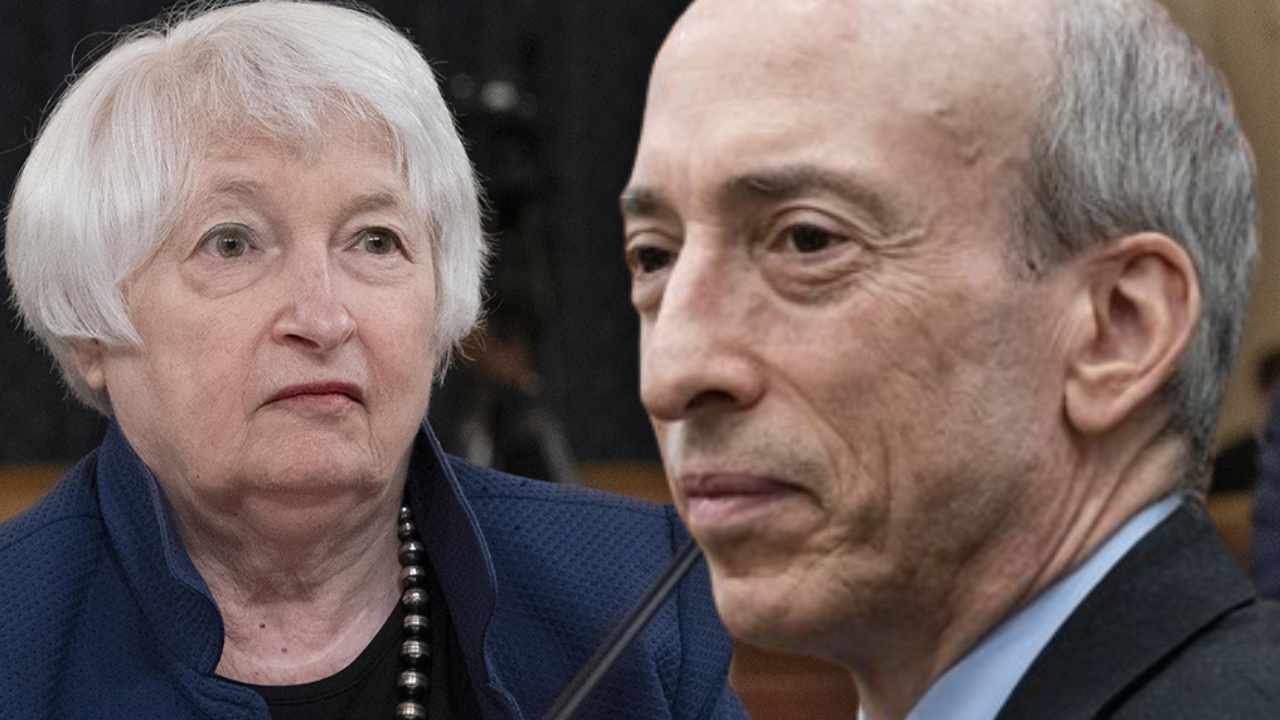
Securities and Exchange Commission (SEC) Chairman Gary Gensler has warned that the U.S. Treasury defaulting on its debt obligations “would have very significant, hard to predict, and likely lasting effects on investors, issuers, and markets alike.” Gensler stressed: “We’ve already seen an effect in the pricing and liquidity of short-dated Treasury bills and continue to monitor for any additional tremors.”
SEC Chair Gary Gensler on U.S. Debt Default
The chairman of the U.S. Securities and Exchange Commission (SEC), Gary Gensler, has weighed in on the impact a U.S. default would have on capital markets as discussions of the U.S. defaulting on its debt obligations heat up in Congress.
“I’d like to say a few words regarding the ongoing discussions in Washington around the debt ceiling,” the SEC chairman said in his remarks before the International Swaps and Derivatives Association annual meeting Wednesday. Gensler cautioned:
If the U.S. Treasury as an issuer were actually to default, it would have very significant, hard to predict, and likely lasting effects on investors, issuers, and markets alike.
“In a word, it would make the Cyclone Roller Coaster at the 1933 Chicago World’s Fair look like a kiddie ride,” he stressed.
The SEC chairman also clarified: “While we at the SEC have no direct role in those discussions, the outcome is directly consequential to each part of our mission: protecting investors, facilitating capital formation, and maintaining fair, orderly, and efficient markets.”
He added:
We’ve already seen an effect in the pricing and liquidity of short-dated Treasury bills and continue to monitor for any additional tremors.
U.S. Treasury Secretary Janet Yellen revealed last week that the Treasury Department may not be able to pay all of the government’s bills as early as June 1 “if Congress does not raise or suspend the debt limit before that time.” She also warned of “catastrophic” consequences of the U.S. defaulting on its debt obligations.
What do you think about SEC Chairman Gary Gensler’s warning regarding the impact a U.S. default would have on capital markets? Let us know in the comments section below.
